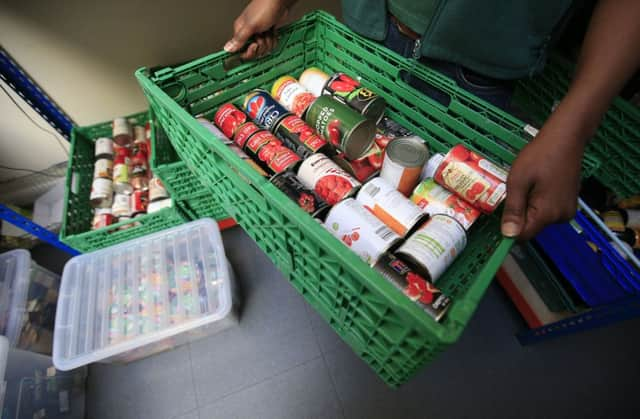Britain’s food scandal is polarised picture of wastage and hunger - The Yorkshire Post says


The picture of polarisation is stark. Only last month, figures from The Trussell Trust revealed a record near 1.6 million emergency parcels had been handed out in the past year to those at crisis point, a rise of nearly 20 per cent on the previous year. Yet the UK currently wastes a staggering 10.2 million tonnes of food each year. The retail and food manufacturing sectors are partly to blame, in 2017 wasting the equivalent of around 250 million meals in food estimated to be accessible and edible.
As Environment Secretary Michael Gove is expected to say at a food wastage symposium today: “This is an environmental, economic and moral scandal.” Around 300 businesses and individuals, including chefs and major players in food retail and hospitality have been invited to the Step Up To The Plate event and are expected to agree to adopt a package of commitments to address the situation.
Advertisement
Hide AdAdvertisement
Hide AdFood giant Nestlé and major supermarkets Tesco, Sainsbury’s and Waitrose are among them, whilst Yorkshire firms Asda and Morrisons are two of the organisations already signed up to a waste reduction roadmap. Their pledge is welcome, but let it not be forgotten that this country’s food scandal is double-ended. Measures to cut waste must also be accompanied by urgent action to support the thousands of people struggling to eat and make ends meet.